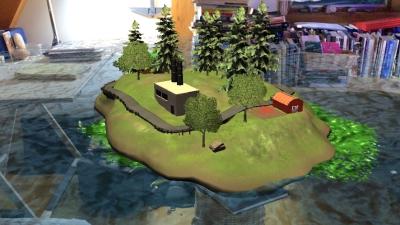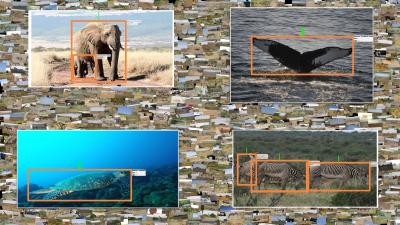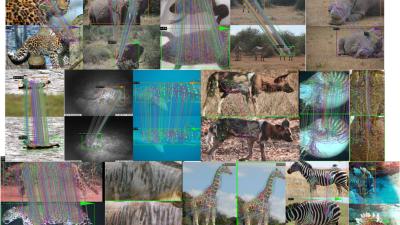Rensselaer Professor Amir Hirsa To Track Physical and Virtual Virus Across Liquid Lining of the Lungs
A new project from Rensselaer Polytechnic Institute to develop a predictive model for how tiny virus particles behave in the lungs holds the potential to significantly impact COVID research.









